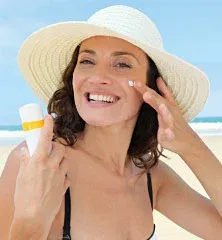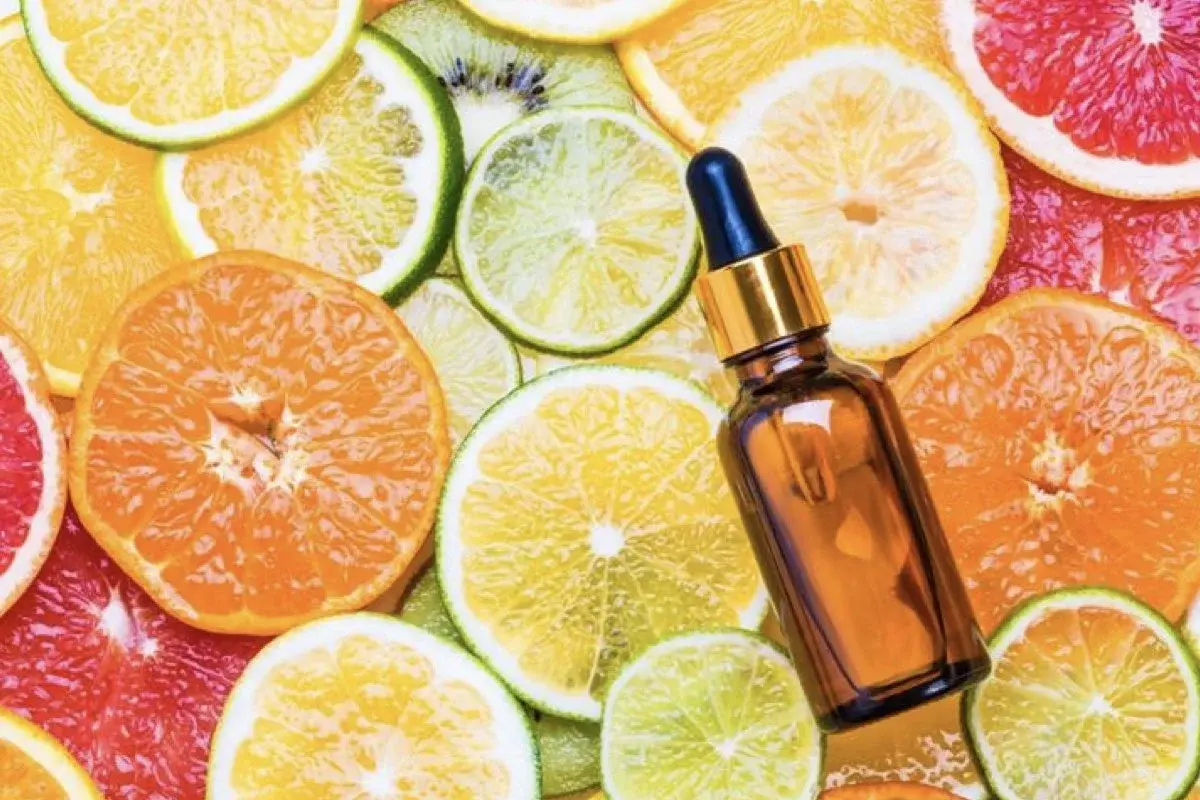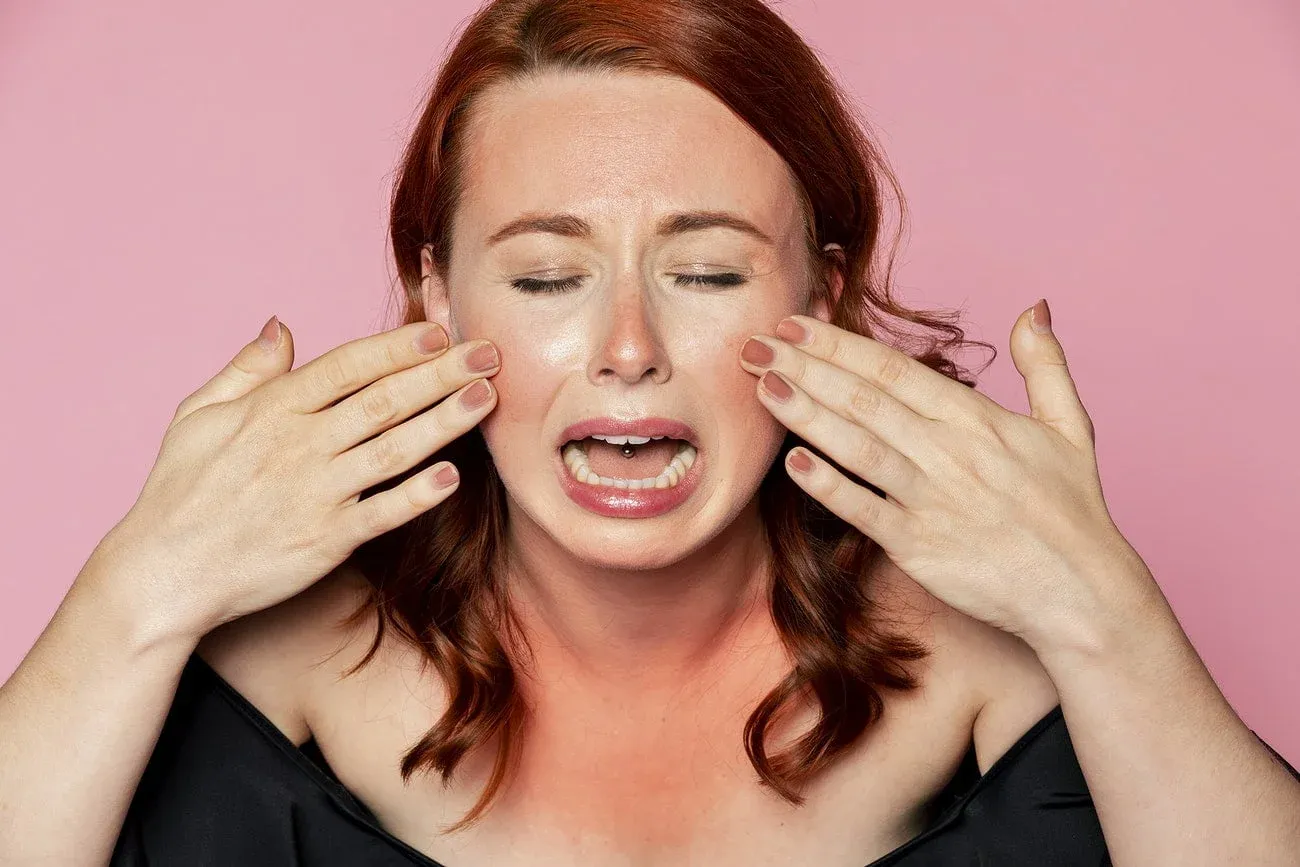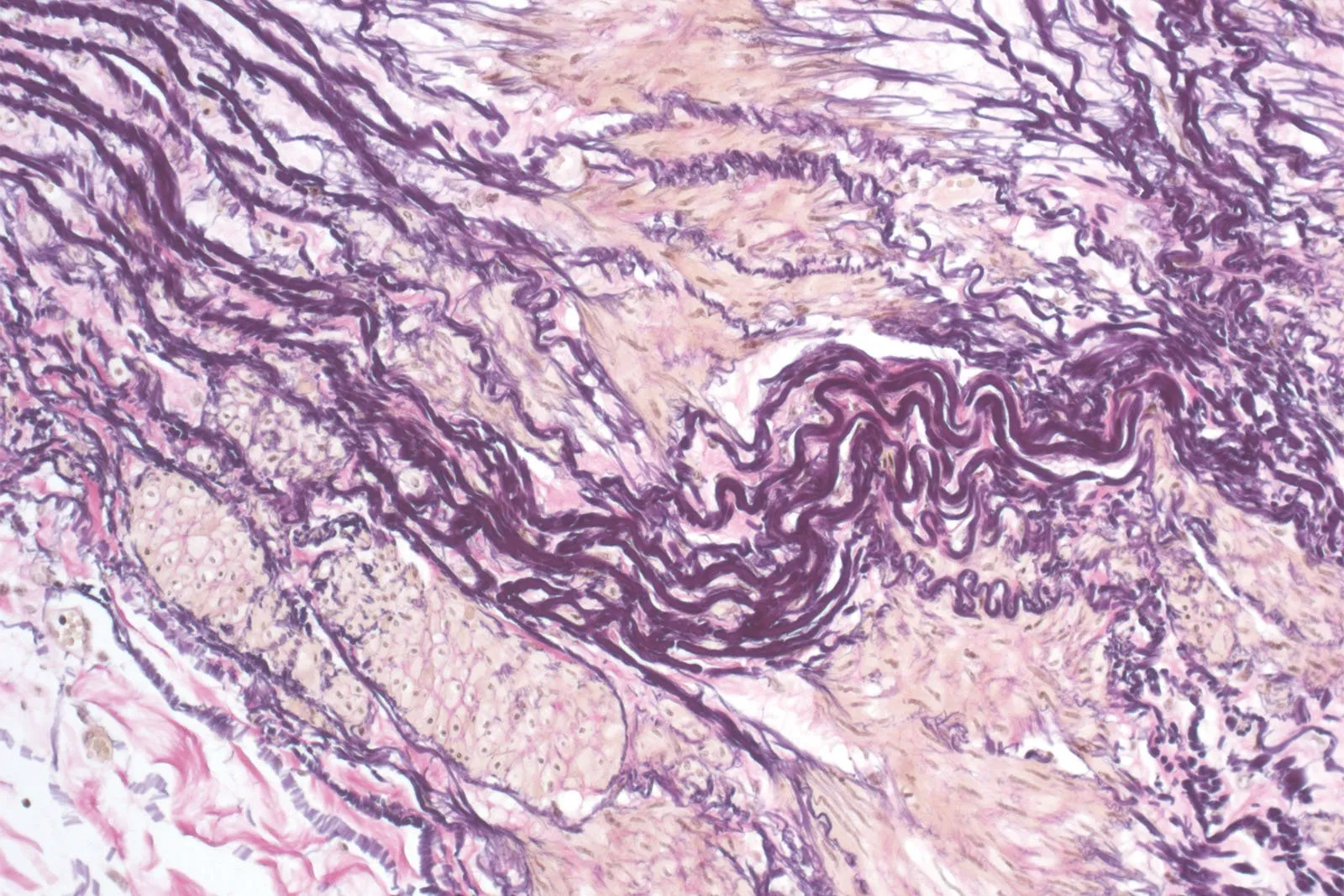Hyperpigmentation is a skin condition caused by the overproduction of melanin, the natural pigment that gives skin its color. It can affect people of all races and skin tones, ranging from light blotches to dark patches on the face and body. Let’s walk through some of the common causes, the outlook once it has happened, and treatment options.
What’s The Cause Of Hyperpig mentation?

The exact cause of hyperpigmentation varies, but there are three main factors that may lead to it.
- Age spots – These are most commonly caused by years of excessive sun exposure, which is why they are called “age spots” ::cough::wear sunscreen::cough::
- Melasma – This affects approximately 5 million people in the US and is common during pregnancy (aka “the pregnancy mask”) and can be caused by hormone imbalances.
- Post-Inflammatory Trauma – Trauma or injury to the skin including acne, cuts, burns, etc.
What’s The Outlook For Hyperpig mentation?
Hyperpigmentation isn’t generally harmful and usually isn’t a sign of a serious medical condition. That doesn’t mean it can’t be concerning.
In some cases, dark areas will fade on their own with good sun protection. In other cases, more aggressive treatment is needed. There is no guarantee that the dark spots will completely disappear, even with treatment, but it’s possible to lighten them. However, prevention is the best course of action.

And if we’ve said it once, we’ve said it a million times… APPLY SUNSCREEN WITH A HIGH SPF DAILY! Make sure you choose a broad spectrum–this blocks UVA and UVB rays and apply it as often as the directions suggest. If you are going into the water, apply it even more often than that.
Wearing protective clothing and hats is also a good way to keep hyperpigmentation at bay. Look for clothes that have UV protection built into them for added protection.
Last, but not least… lean in close so you hear this one… DON’T USE A TANNING BED! You may think that tanning the area and making the surrounding skin darker, will reduce the appearance of the hyperpigmentation, however, you’d be incorrect. Tanning beds can make the spots worse, due to the exposure of the artificial UV rays.
Treatment of Hyperpig mentation

Hyperpigmentation can be treated with topical ointments. Hydroquinone is a popular prescriptive topical ointment and has the best-known results. Hydroquinone works by decreasing the production and increasing the degradation of melanin pigments in the skin.
IPL, chemical peels, and laser skin resurfacing are secondary options, but they should only be considered after topical treatments have been tried. Laser resurfacing, intense pulsed light, and chemical peels can help to lighten the areas of skin affected.
Resist the urge to try home remedies such as lemon juice or abrasive scrubs because these treatments can actually make the problem worse. It’s best to stick to the treatment plan your doctor or certified clinician recommends.
Let Us Help You With Your Skin Concerns
While hyperpigmentation can appear concerning, it is easily treatable and even better, preventable. If you would like some help with hyperpigmentation, contact us to schedule and appointment with one of our certified clinicians!





